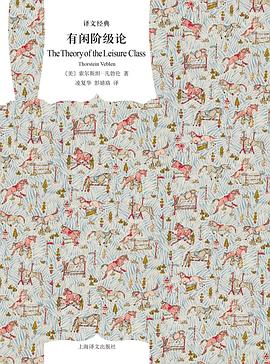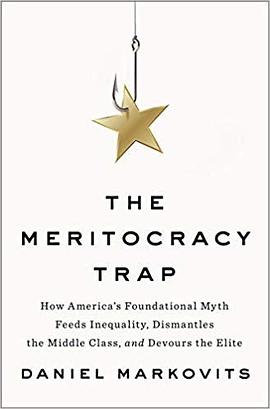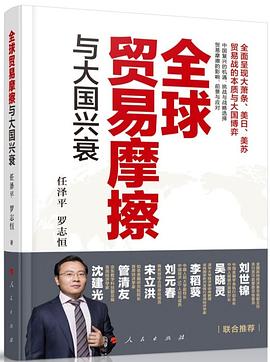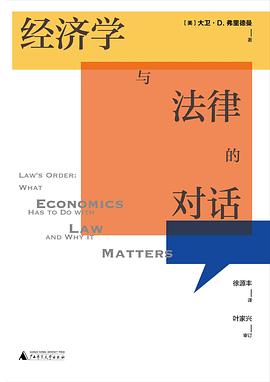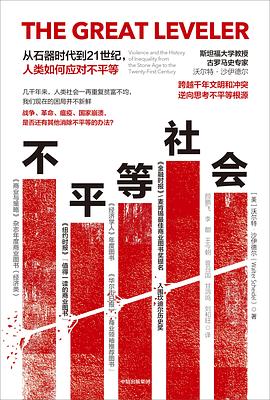

具体描述
From Nobel Prizeâ€"winning economist and New York Times bestselling author Robert Shiller, a new way to think about how popular stories help drive economic events
In a world in which internet troll farms attempt to influence foreign elections, can we afford to ignore the power of viral stories to affect economies? In this groundbreaking book, Nobel Prizeâ€"winning economist and New York Times bestselling author Robert Shiller offers a new way to think about the economy and economic change. Using a rich array of historical examples and data, Shiller argues that studying popular stories that affect individual and collective economic behaviorâ€"what he calls "narrative economics"â€"has the potential to vastly improve our ability to predict, prepare for, and lessen the damage of financial crises, recessions, depressions, and other major economic events.
Spread through the public in the form of popular stories, ideas can go viral and move marketsâ€"whether it's the belief that tech stocks can only go up, that housing prices never fall, or that some firms are too big to fail. Whether true or false, stories like theseâ€"transmitted by word of mouth, by the news media, and increasingly by social mediaâ€"drive the economy by driving our decisions about how and where to invest, how much to spend and save, and more. But despite the obvious importance of such stories, most economists have paid little attention to them. Narrative Economics sets out to change that by laying the foundation for a way of understanding how stories help propel economic events that have had led to war, mass unemployment, and increased inequality.
The stories people tellâ€"about economic confidence or panic, housing booms, the American dream, or Bitcoinâ€"affect economic outcomes. Narrative Economics explains how we can begin to take these stories seriously. The result may be Robert Shiller's most important book to date.
用户评价
##懒婆娘的裹脚布,又臭又长!
评分从传染病学和心理学的角度去分析narrative对于经济的影响,其中提到的传染病学理论去研究新闻(narrative)在公众里的传播、变异和影响,非常贴切。里面提到的几个perennial narrative(反复出现的narrative)可以理解为几种反复出现不断变异的病毒,每次得到合适的土壤就会卷土重来。这对于券商宏观分析师来说其实是很有用的,希望有一天可以用微博热搜或者微信公众号文章阅读出一个"最受关注的narrative指数"
评分##懒婆娘的裹脚布,又臭又长!
评分##懒婆娘的裹脚布,又臭又长!
评分##Good stories go viral and have always affected the economy; 9 perennial economic narratives; toolkits from many different fields: epidemiology, neuroscience, sociology, history…
评分##看了第一章写BTC的,觉得写得不太行
评分##good stories badly assembled together
评分##偶像的新书,留一星给期待(๑˙ー˙๑) Financial Communication作品,Shiller探了条好路,读这类新颖作品不在于给你答案,这类奴才教育下的懒惰惯性思维。而在于扩展个人思维广度与深度,边读边辨别其真假。 Shiller老师的作品,虽然有些著作水平高地不一,但一直没让我失望。 搁置一季,记下,再读一遍定有收获????
评分##也许是我对经济学没有足够好的直觉,读这本书的时候感觉章节之间内在联系并不是很强,很多时候作者会跳回很多章之前,说着重复的内容。把叙事和传播学联系在一起这样的视角非常新颖,但是除了大萧条中的frugality narrative之类的少数的几个例子,作者似乎没有足够的论据说明叙事能怎样反过来影响经济。书读到后面也就更像是纯粹的描述而缺少argumentation了。这是我有些失望的一点。3.5/5吧
相关图书
本站所有内容均为互联网搜索引擎提供的公开搜索信息,本站不存储任何数据与内容,任何内容与数据均与本站无关,如有需要请联系相关搜索引擎包括但不限于百度,google,bing,sogou 等,本站所有链接都为正版商品购买链接。
© 2025 windowsfront.com All Rights Reserved. 静流书站 版权所有

